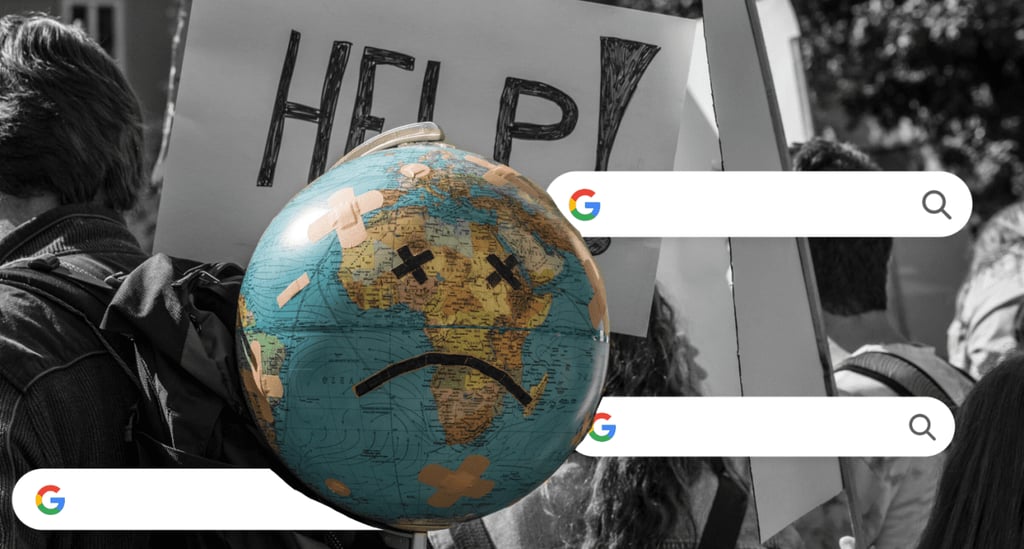"Climate change is a hoax!"
Unfortunately, with many American adults holding the belief that climate change is fake or unimportant, the challenge becomes even greater.


A statement environmental activists have come to know all too well. While some people, particularly older generations and those in politically polarized societies, believe that climate change is not real and is instead a widespread conspiracy that has plagued our society, this belief couldn’t be further from the truth. As climate change continues to destroy our environment, the United Nations estimates that we have around two years from 2024 to make substantial changes to avert a climate catastrophe. The time to take action couldn’t be more urgent than it is now. Unfortunately, with many American adults holding the belief that climate change is fake or unimportant, the challenge becomes even greater.
On August 9, 2023, the Pew Research Center surveyed public views regarding the current climate crisis. According to the results, "about three-in-ten say action on climate change is not too important (17%) or should not be done (11%)." While those who believe climate change isn't important make up a smaller percentage of the population, they tend to be older and hold substantial positions in government and society. This allows them to influence others and resist being influenced themselves. Because of this, and the fact that Republicans are less likely to support environmentalist policies, it is essential to educate the younger generation about the dangers of climate change.
Educating the youth about climate change is crucial because they are the future leaders, innovators, and decision-makers who will inherit the planet. By equipping young people with accurate knowledge about environmental issues, we empower them to make informed choices and advocate for sustainable policies. Young people can make a significant difference, as demonstrated by environmental activists' influence on social media platforms. Through online advocacy or community actions such as organizing trash clean-ups, thrifting, or repurposing old objects, they have the power to drive meaningful change. By investing in climate education now, we foster a generation committed to protecting the planet, challenging harmful narratives, and ensuring a more sustainable future for all.
Sources:
Image courtesy of center for countering digital hate
